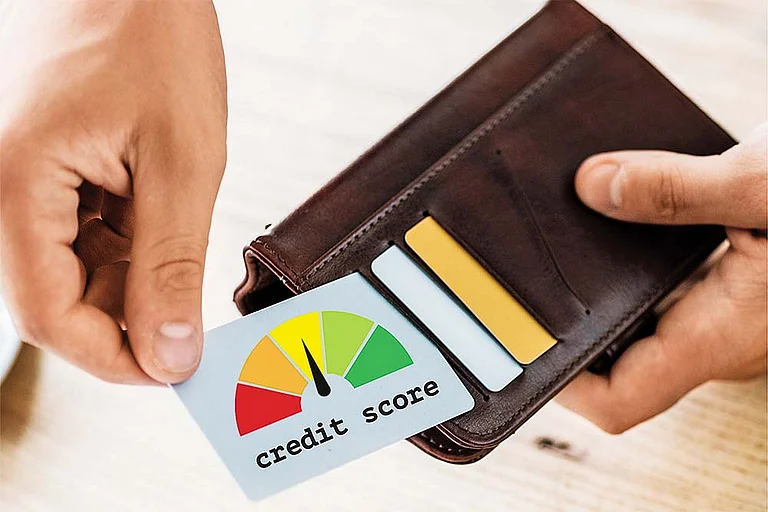Efficient money management from a young age lays the foundation for a secure financial future. For young adults stepping into financial independence, it is crucial to use money responsibly and wisely. Disciplined spending for beginner's habits is the key to staying solvent and planning for investment and higher financial goals.
Here are six essential personal finance habits every youngster should adopt to stay in control of their money and build long-term stability.
Identify And Minimize Non-Essential Spending
The first step toward financial discipline is evaluating where you are spending your money the most. Take time to analyze your spending habits. It is important to separate wants from needs. By cutting down on non-essential expenses like frequent takeout meals or impulse online shopping you can redirect those funds toward savings or meaningful investments.
Prioritize Essential Purchases Over Impulse Buys
It's tempting to indulge in spontaneous purchases, especially with one-click checkouts and enticing ads that promote retail therapy and bad decision-making. However, it is vital to train yourself to focus on your essentials to prevent financial regret. A good rule of thumb is the 24-hour pause if you're unsure about a non-essential item. It means you should wait for a day before buying it. You may change your mind about the purchase or may find a cheaper alternative.
Plan And Track Your Expenses For Better Control
Create a budget and track your spending. Analyze your financial habits closely to determine a pattern. Use mobile apps or simple spreadsheets to categorize expenses. Monitor where your money goes which will help you adjust your habits. That way, you can remain aligned with your financial goals while keeping track of your spending.
Allocate To Savings Before You Spend
Make saving a monthly habit and enforce it rigidly. As soon as you receive your income, set aside a portion which should ideally be 20 per cent of your income. Automate this process, to ensure consistency and to avoid unnecessary purchases.
Research Before Making Major Purchases
While making big-ticket expenses keep in mind a few things. Compare models, prices, and their reviews. It is also advisable to look for affordable alternatives. Rushing into buying a product may lead to overspending or buyer's guilt. Make an informed decision by doing the mandatory risk assessment and looking for a product that is not just pocket-friendly but also long-lasting.
Use Credit Responsibly And Pay Off Balances In Full
Credit cards can be a useful tool if used wisely. Always pay off your full monthly balance on time to avoid penalties. Use your credit card very responsibly, as it helps you build your credit score; having penalties may affect it badly. A good score will benefit when applying for a loan, or even job hunting, and renting a house.
Conclusion
Healthy financial habits are built with consistency and discipline. It is a process and not an overnight change. By mastering the mentioned six principles, you can achieve good financial health at a younger age. These skills take time to build at an older age; by that time, you may set and work towards higher goals and more financial freedom.












